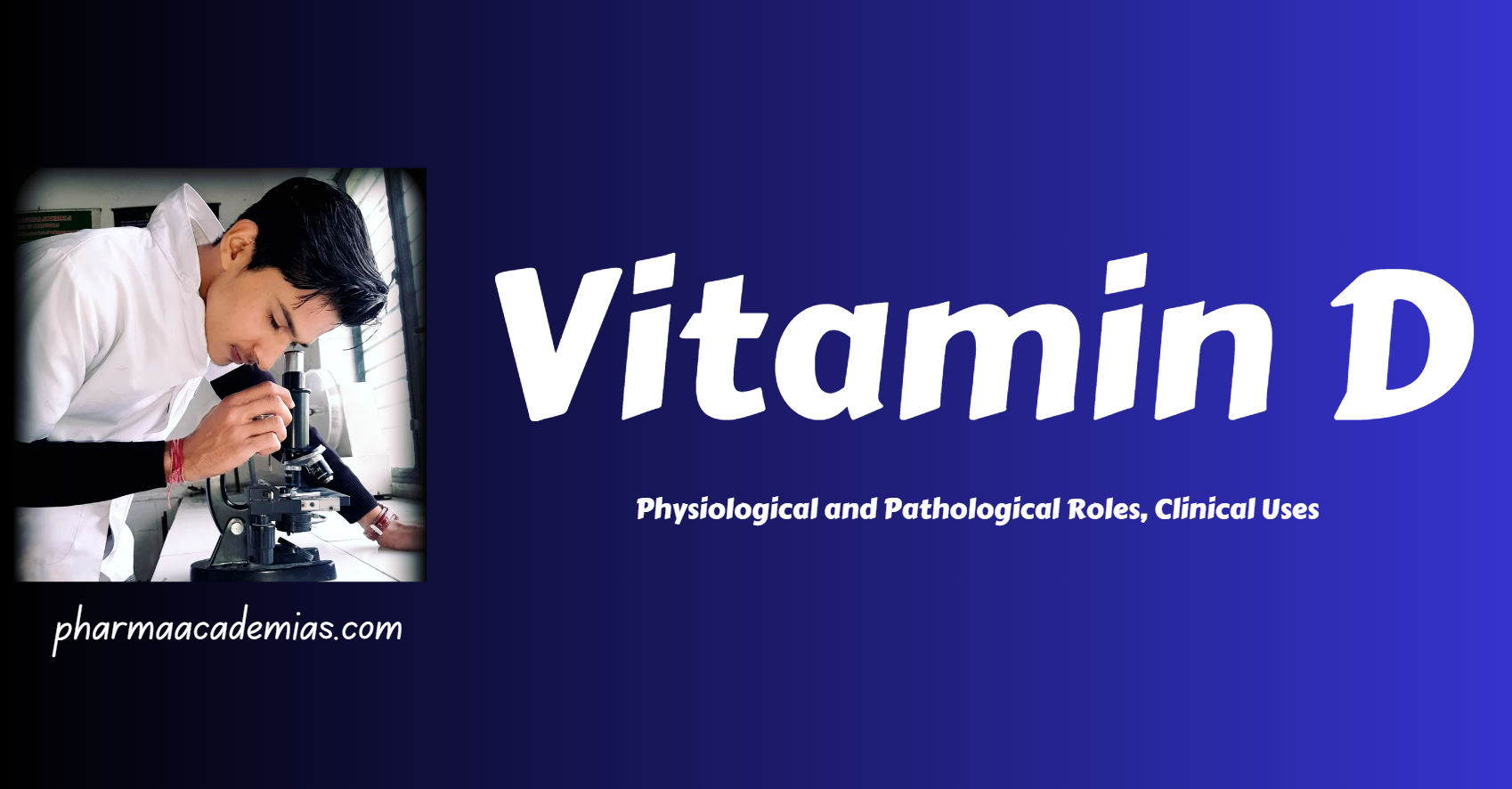Vitamins: Definition, Classification, and Examples
Introduction: Vitamins are essential organic compounds that play crucial roles in various physiological processes within the body. They are required in small amounts but are vital for maintaining overall health, growth, development, and metabolism. Understanding the classification and functions of vitamins is essential for ensuring a balanced and nutritious diet. This detailed note aims to … Read more



